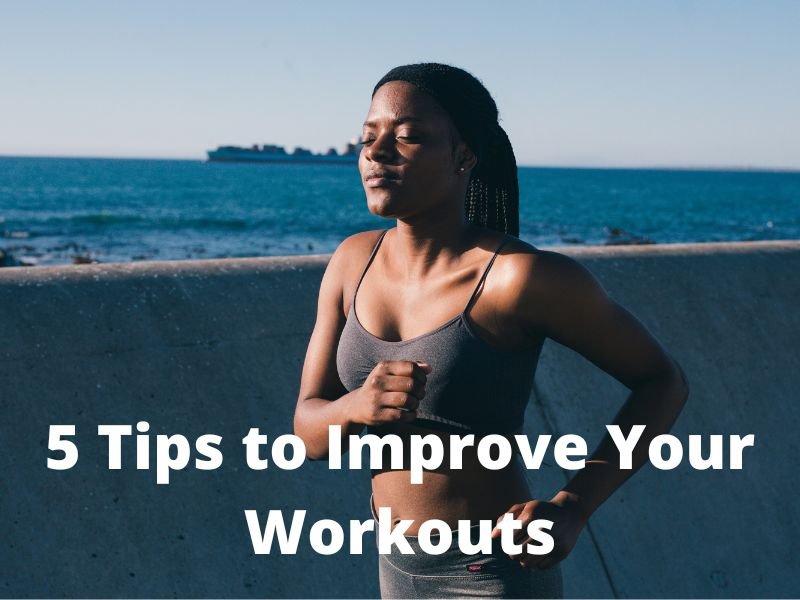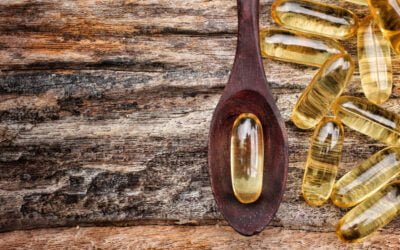When and what to eat can make a difference in your workouts, understanding. The link between eating and exercise will improve your workouts and prevent fatigue later on.
These go hand in hand. When and what you consume can be important to how you feel when you exercise, whether it’s a casual exercise or training for competitors. Consider these eating and exercise tips.
1. Eat a Healthy Breakfast to Improve Your Workouts
If you exercise in the early morning, get up early enough to finish breakfast at least one hour prior to your workout. Studies suggest that consuming or drinking carbohydrates prior to exercise can enhance workout efficiency and might allow you to work out for a longer time or at a higher intensity.
Eat a light breakfast or beverage something such as a sports drink if you prepare to exercise within an hour after breakfast. Concentrate on carbohydrates for optimum energy.
Great breakfast choices consist of:
- Whole-grain cereals or bread
- Low-fat milk
- Juice
- A banana
- Yoghurt
And keep in mind, if you generally have coffee in the early mornings, a cup prior to your exercise is most likely OK. Also know that anytime you try a food or beverage for the very first time before a workout, you run the risk of an upset stomach.
2. Enjoy smaller portions is better to Improve Your Workouts
Take care not to overdo it when it comes to how much you eat before exercising. The basic guidelines recommend:
- Large meals. Consume these at least 3 to 4 hours before exercising.
- Small meals or treats. Consume these about 1 to 3 hours before working out.
- Consuming too much before you exercise can leave you feeling slow. Eating too little may not offer you the energy you require to keep sensation strong throughout your exercise.
3. Snack well Smoothie
Many individuals can eat small snacks right before and during exercise. Snacks consumed quickly before exercise probably won’t provide you added energy if your workout lasts less than 60 minutes, but they may prevent disruptive appetite pangs. If your exercise is longer than 60 minutes, you might benefit by consisting of a carbohydrate-rich food or beverage throughout the exercise.
- An energy bar
- A banana, an apple or other fresh fruit
- Yoghurt
- A fruit shake
- A whole-grain bagel or crackers
- A low-fat granola bar
- A peanut butter sandwich
- Sports drink or diluted juice
- If you plan an exercise several hours after a meal, a healthy treat is especially crucial.
4. What You Eat After Your Workout
Fuel your body for daily efficiency to help your muscles recover and to restore glycogen, consume a meal that contains both carbs and protein within two hours of your exercise session if possible. If your meal is more than two hours away, think about a snack. Excellent post-workout food options include:
- Yoghurt and fruit
- Peanut butter sandwich
- Low-fat chocolate milk and pretzels
- Post-workout healing healthy smoothie
- Turkey on whole-grain bread with vegetables
5. Drinking water
Don’t forget to consume fluids. You require adequate fluids prior to, throughout, and after exercise to help avoid dehydration.
To stay well-hydrated for exercise, the American College of Sports Medicine recommends that you:
Drink roughly 2 to 3 cups (473 to 710 millilitres) of water throughout the 2 to 3 hours before your exercise.
Drink about 1/2 to 1 cup (118 to 237 millilitres) of water every 15 to 20 minutes throughout your exercise. Change quantities related to your body size and the weather condition.
Drink approximately 2 to 3 cups (473 to 710 millilitres) of water after your workout for every single pound (0.5 kilograms) of weight you lose during the exercise.
Water is typically the best method to change lost fluids. If you’re working out for more than 60 minutes, utilize a sports drink. Sports beverages can assist keep your body’s electrolyte balance and offer you a bit more energy because they consist of carbohydrates.
Let experience be your guide
Bear in mind that the length and strength of your activity will determine how often and what you must eat and drink. You’ll require more energy from food to run a marathon than to run or walk a couple of miles. And attempt not to include any brand-new products in your diet plan prior to a long-duration sports event. It’s best to have previous experience to see how your system deals with the food.
Everyone is various when it comes to consumption and exercise. So focus on how you feel during your workout and on your total efficiency. Let your experience guide you on which pre-and post-exercise eating habits work best for you. Think about keeping a journal to keep track of how your body reacts to meals and treats so that you can adjust your diet for optimal performance.
When and what you consume can be essential to how you feel when you exercise, whether it’s a casual workout or training for a competition. If you exercise in the morning, get up early adequate to complete breakfast at least one hour prior to your exercise.
Research studies on How to improve your workout suggest that-
Consuming or drinking carbs prior to exercise can improve exercise efficiency and might allow you to work out for a longer time or at a higher strength. Snacks are eaten quickly before exercise probably will not give you added energy if your workout lasts less than 60 minutes. However, they might prevent distracting hunger pangs. To help your muscles recuperate and to change their glycogen stores, consume a meal that contains both carbohydrates and protein within 2 hours of your exercise session if possible.





0 Comments